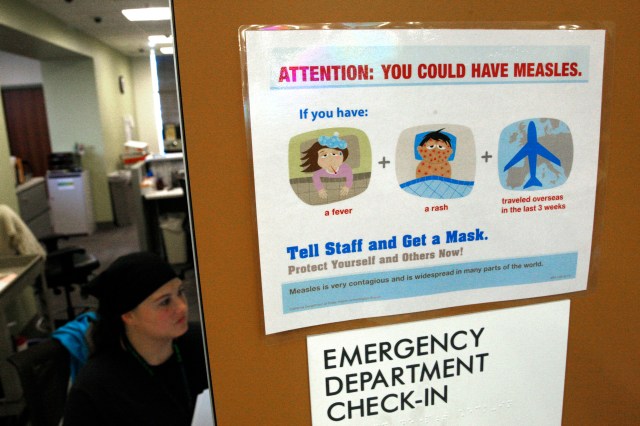Measles Alert: Missouri Confirms Second Infection, Health Experts Warn

Missouri health officials have confirmed a second case of measles in the state, raising concerns about potential disease spread. The Missouri Department of Health and Senior Services (DHSS) made the announcement on Tuesday, alerting residents to be vigilant about vaccination and potential exposure.
This latest confirmed case follows a previous measles incident, prompting health authorities to closely monitor the situation and implement necessary public health protocols. Measles, a highly contagious viral infection, can pose serious health risks, especially to unvaccinated individuals and those with compromised immune systems.
State health experts are urging residents to ensure their vaccinations are up to date and to seek immediate medical attention if they experience symptoms consistent with measles, such as high fever, distinctive rash, and respiratory complications.
The DHSS continues to investigate the source of transmission and is working to prevent further spread of the disease through targeted public health interventions and community education.
